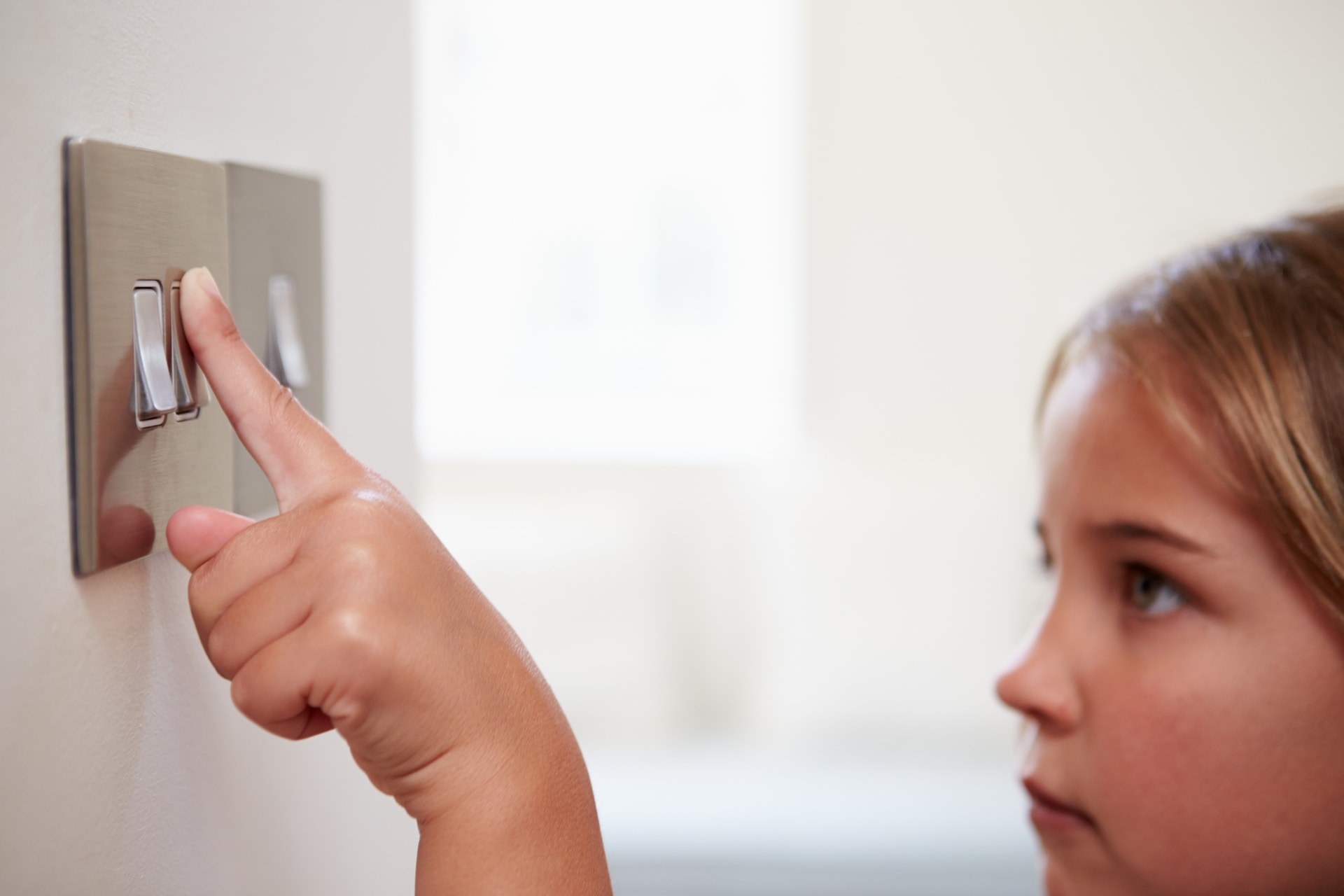Room for improvement in energy efficiency of Victorian rentals

It’s perhaps unsurprising that Victoria’s rental homes are typically less energy efficient than owner-occupied properties.
About 1 in 3 homes are rentals, so improving their energy efficiency is a no-brainer. Renters would save money on their energy bills, and the property may be more appealing but there’s another big winner: the environment.
Better energy efficiency in rental homes helps reduce greenhouse gas emissions and decreases demand on energy infrastructure. In fact, the International Energy Agency considers energy efficiency a key pillar in the global push to achieve net zero emissions by 2050.
How to improve the energy efficiency of your rental
There are lots of things property owners can do to improve the energy efficiency of their investment properties, such as permanent draught-proofing or installing ceiling insulation, solar panels, more efficient appliances, or air conditioning.
Under the Residential Tenancies Act 1997, renters can make some small tweaks without permission, such as temporary window films for insulation. But they must seek permission for larger modifications – which are completely up to the owner’s discretion.
Renters may hesitate to ask, fearing potential consequences for their tenancy. Even if renters are well-informed about changes that could minimise their energy bills, they may not feel comfortable asking for them. And landlords may be reluctant to upgrade their rental properties, worried about recouping the costs.
But energy efficiency ratings and energy saving features are increasingly important to prospective renters, according to research from Australia's largest real estate platform.
The Victorian Government’s Solar Homes program offers a $1,400 rebate and equivalent interest-free loan on solar photovoltaic (PV) systems to eligible landlords. Eligible landlords can also claim up to $1,000 on the cost of installing an energy-efficient reverse cycle air conditioner, plus recoup additional costs towards replacing old gas or electric heating systems.
Strengthening energy efficiency standards
In Victoria’s infrastructure strategy 2021-2051, we recommended the Victorian Government strengthen minimum energy efficiency standards for rented homes. Under current requirements, owners need only install a 2-star rated heater.
We welcome the Victorian Government’s recent commitment to introducing minimum energy efficiency standards for rentals covering insulation, draught sealing and hot water.
While this is a step in the right direction, we think the standards should be further strengthened over time.
The Victorian Government can also act by improving energy efficiency in public housing. Our research shows many public housing properties are old, poorly maintained, and are not energy efficient. This makes energy costs higher and places renters at risk of health problems, especially in a changing climate.
We’ve recommended that the Victorian Government commit to a long-term program of modifying social housing to be energy efficient and climate resilient. Social housing in the hottest parts of the Victoria should be prioritised, where the health impacts are most severe and residents most vulnerable to extreme weather.
Better energy efficiency in rented homes is a win-win-win situation. It makes homes more comfortable and cuts energy bills, reducing the cost of living. These benefits will improve the marketability of rental properties and appeal to prospective renters looking to save on bills, particularly as energy costs continue to rise.
It also reduces the amount of greenhouse gas emissions and makes the transition to net zero emissions much easier, which is also very important to environmentally conscious renters. And it reduces the demand on Victoria’s energy infrastructure, meaning we need to build less infrastructure in future.
Read our recommendations in Victoria’s infrastructure strategy 2021–2051.